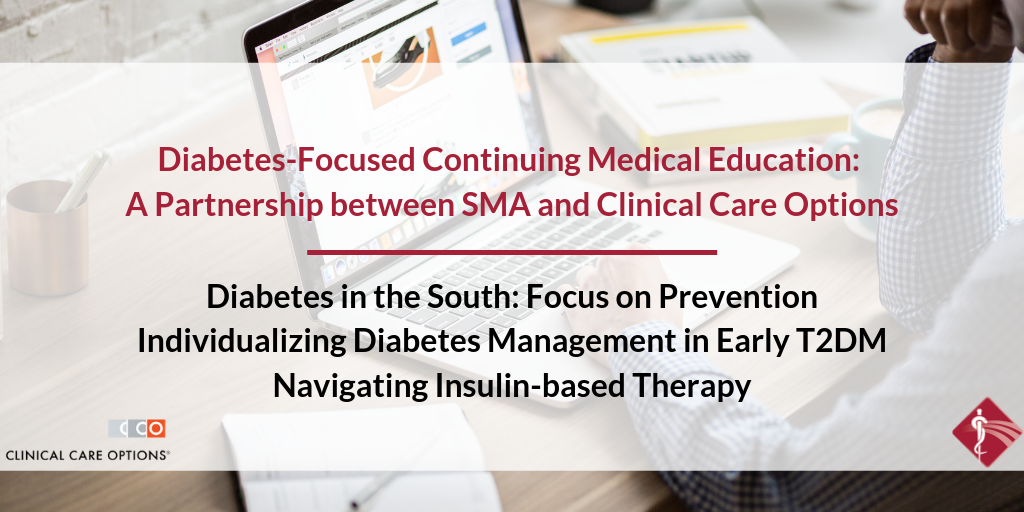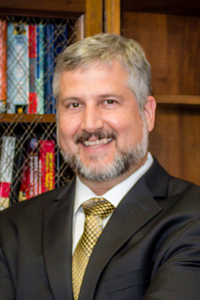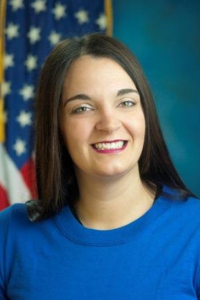
SMJ : April 2019 Issue
The Southern Medical Journal is the official, peer-reviewed journal of the Southern Medical Association. It has a multidisciplinary and inter-professional focus that covers a broad range of topics relevant to physicians and other healthcare specialists, including medicine; surgery; women’s and children’s health; mental health; emergency and disaster medicine; public health and environmental medicine; bioethics and medical education; and quality health care, patient safety, and best practices.
Southern Medical Journal • Vol. 112 • No. 04 • April 2019
Mental Health
Evaluating the Burnout-Thriving Index in a Multidisciplinary Cohort at a Large Academic Medical Center
Rebecca Gates, BS, David Musick, PhD, Mark Greenawald, MD, Kimberly Carter, PhD, RN, Richard Bogue, PhD, and Lauren Penwell-Waines, PhD
Medicine & Medical Specialties
Outcomes in an Interdisciplinary Diabetes Clinic in Rural Primary Care
Dana E. King, MD, MS, Ashley B. Petrone, PhD, Frederick M. Alcantara, MD, Megan M. Elavsky, PharmD, Michelle O. Prestoza, MD, Judy Siebart, MS, RD, and Greg Castelli, PharmD
Is Endurance Exercise Safe? The Myth of Pheidippides
Christine Rutlen, BA, and David L. Rutlen, MD
Commentary on “Is Endurance Exercise Safe? The Myth of Pheidippides”
G. Richard Holt, MD, MSE, MPH, MABE, DBioethics
Mycobacterium fortuitum Meningitis: Approach to Lumboperitoneal Shunt Infection
Jack Zakrzewski, BS, Kimberly Hu, BS, Brandon L. Neisewander, BA, Darian R. Esfahani, MD, MPH, Abhiraj D. Bhimani, BS, Harsh P. Shah, MD, Dafer W. Haddadin, MD, and Ankit I. Mehta, MD
OPEN: Inconsistencies in Colonic Tattooing Practice: Differences in Reported and Actual Practices at a Tertiary Medical Center
Joshua P. Spaete, MD, Jiayin Zheng, PhD, Shein-Chung Chow, PhD, Rebecca A. Burbridge, MD, and Katherine S. Garman, MD
A Brief Review of the Pharmacology of Hyperkalemia: Causes and Treatment
James M. Wooten, PharmD, Fernanda E. Kupferman, MD, and Juan C. Kupferman, MD, MPH
Quality Care & Patient Safety
Objectively Measured Physical Activity and All-Cause Mortality Among Cancer Survivors: National Prospective Cohort Study
Paul D. Loprinzi, PhD, and Allison Nooe, BS
Native Joint Septic Arthritis: Comparison of Outcomes with Medical and Surgical Management
Kaoru Harada, MD, Ian McConnell, MD, Eric C. DeRycke, MPH, Jürgen L. Holleck, MD, and Shaili Gupta, MD
CME Article: Comparison of Factors Identified by Patients and Physicians Associated with Hospital Readmission (COMPARE2)
Eric Dietrich, PharmD, BCPS, Kyle Davis, PharmD, BCPS, Lisa Chacko, MD, MPH, Kiarash P. Rahmanian, MPH, Lauren Bielick, BSN, RN, David Quillen, MD, David Feller, MD, Maribeth Porter, MD, MS, John Malaty, MD, and Peter J. Carek, MD, MS
Public Health & Environmental Medicine
Know the New HIV Testing Guidelines?
Pradeepthi Badugu, MD, and Steven Lippmann, MD
Bioethics & Medical Education
On “Importance of Interdisciplinary Medical Education: A Frontline Perspective”
Regwaan Choudhury, Third Year MBBS Student, and Jai Mathur, Fifth Year MBBS Student




 I am an Otolaryngologist practicing general ENT and allergy for the past 30 years in Marksville, Louisiana after finishing my residency at Tulane Medical Center in 1988. I graduated from University of Alabama Medical School cum laude in 1983. Also, I completed a fellowship in Otolaryngic Allergy in 1992. I am proud to serve the needs of a semirural small town community and take care of adults and children with ear, nose, and throat problems who would have to travel many miles for their care.
I am an Otolaryngologist practicing general ENT and allergy for the past 30 years in Marksville, Louisiana after finishing my residency at Tulane Medical Center in 1988. I graduated from University of Alabama Medical School cum laude in 1983. Also, I completed a fellowship in Otolaryngic Allergy in 1992. I am proud to serve the needs of a semirural small town community and take care of adults and children with ear, nose, and throat problems who would have to travel many miles for their care.





 Lawrence Stroud Carter, Jr., MD
Lawrence Stroud Carter, Jr., MD












